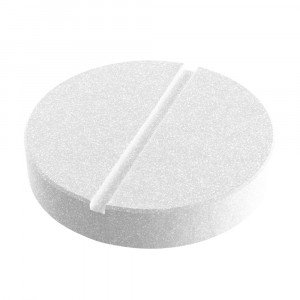 Welcome
Welcome
“May all be happy, may all be healed, may all be at peace and may no one ever suffer."
- A
- B
- C
- D
- E
- F
- G
- H
- I
- J
- K
- L
- M
- N
- O
- P
- Q
- R
- S
- T
- U
- V
- W
- X
- Y
- Z
Tulobuterol Hydrochloride - Brands
The primary pharmacological action of beta-adrenergic drugs is to stimulate adenyl cyclase, the enzyme which catalyzes the formation of cyclic-3',5' adenosine monophosphate (cyclic AMP) from adenosine triphosphate (ATP). The cyclic AMP thus formed mediates the cellular response that results in bronchodilation. Tulobuterol, due to its highly selective action on beta-2 adrenoceptors, relaxes the bronchial smooth muscle and has been shown to be clinically successful in the symptomatic treatment of reversible obstructive airways disease (ROAD) such as bronchial asthma, and also in bronchitis and emphysema.
Some bronchodilators stimulate beta-1 (cardiac) receptors in addition to beta-2 receptors and may cause tachycardia, angina, and possibly arrhythmias in susceptible patients. Animal studies and in vitro experiments indicate that tulobuterol is more selective in its beta-2 agonist activity than other agents in this class and, therefore, should produce fewer cardiac side effects.
To be happy, beautiful, healthy, wealthy, hale and long-lived stay with DM3S.

